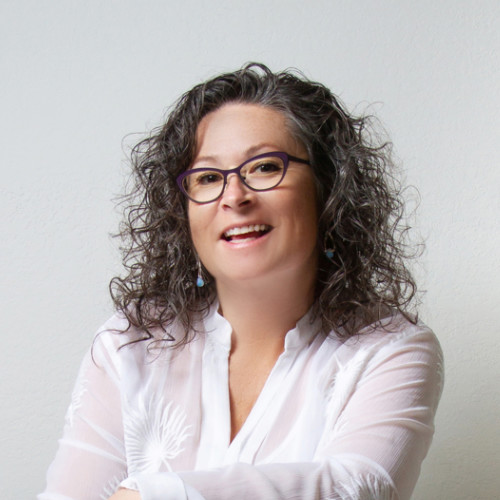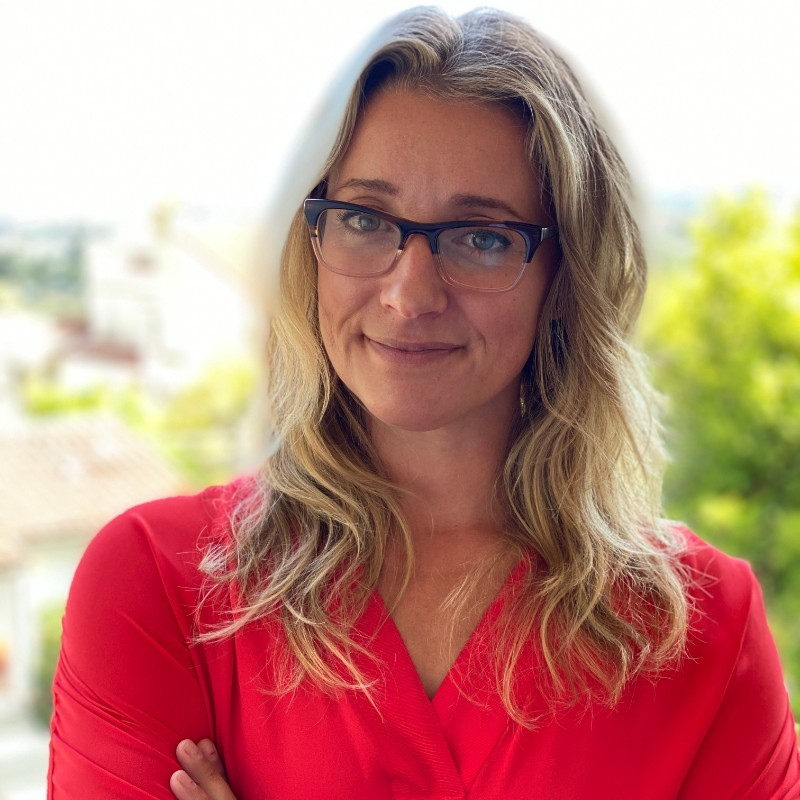The Top 5 Challenges in Rare Disease Clinical Trials.
By Amy Raymond PhD, PMP, Senior Director, Therapeutic Strategic Lead for Rare Diseases & Cellular and Genetic Medicines at Worldwide Clinical Trials, and Jen Pfau, Marketing Director at ScienceMedia
Clinical trials are a crucial part of the medical research process for all patient communities. These trials help researchers determine the safety and effectiveness of new treatments and drugs, as well as identify potential side effects and other factors that may affect patients' health and wellbeing. However, conducting clinical trials for rare diseases comes with a unique set of challenges that can make the process more difficult and complex than trials for more common diseases.
The U.S. Food and Drug Administration (FDA) defines a disease affecting fewer than 200,000 people as rare; other regulatory bodies, such as the European Medicines Agency (EMA), use proportional definitions for rare disease on the order of five to six (or fewer) people per 10,000.
TOP 5 CHALLENGES
1. Rare diseases are often highly complex, and the lack of understanding of the biology underlying such conditions makes it difficult to identify relevant biomarkers. Scientists often need to collaborate across disciplines to clearly define the underlying genetic, biological, and physiological mechanisms that drive the disease process to achieve a consensus regarding diagnostic guidance and to identify relevant treatment targets.
2. There is often a limited understanding of the natural history of rare diseases, which may be associated with a lack of validated clinical outcome assessments. Understanding the true value of an experimental intervention is also dependent upon the ability to assess the patient's perspective and experience. These fundamental barriers make trial design exceptionally challenging. At present, roughly 5% of the 7,000-10,000 rare diseases that have been identified have even a single FDA-approved treatment.1
3. Once an investigational product and well-designed protocol have been developed, one of the most significant challenges to successfully completing rare disease clinical trials is recruiting enough participants to interpret the results given the limited target size of most rare disease clinical trials. Because rare diseases affect a relatively small number of people, it is difficult to find enough patients who meet the criteria for a trial.
4. Additionally, patients are often geographically widespread, making it difficult to find suitable participants within a specific region and adding complexity when it comes to traveling to sites or decentralized components of the trial.
5. With so few participants, every data point in a rare disease clinical trial is precious, both figuratively and literally. In addition to these complexities, rare disease clinical trials are usually more costly to execute compared to trials for more common diseases. This is due to the smaller potential participant pool near each clinical research site, the limited availability of study sites, and the need to use high-quality measures, including imaging technologies (such as magnetic resonance imaging scans) or biopsies to establish clinical endpoints.
While conducting clinical trials for rare diseases is incredibly challenging given the limited numbers of participants, complicated study designs, and lack of established treatment options, we know that there are tens of millions of patients waiting for meaningful treatments. We gratefully acknowledge the tireless efforts of researchers around the world driving this brighter future. Working closely with patient groups and advocacy organizations will help ensure that the voices of relevant stakeholders are heard in these clinical development programs - another step toward increasing development efficiency. Ultimately, success in rare disease trial development relies on continued collaboration across disciplines, including basic and clinical scientists, regulatory experts, patient communities, sponsors, funders, and ethics committees.
SMi Trial, a protocol compliance and risk-based study-specific training solution, tackles the challenges that clinical staff and participants are faced with. Rare disease studies are often costly and difficult to conduct given the small, specific population of participants who meet the inclusion and exclusion criteria. On top of this, there are complexities around standards of care and supporting cultural diversity. Language differences and geographical challenges around patients and site treatment locations further add to these complications.
SMi Trial's patient-facing multimedia and video training content helps with rare disease trial recruitment and enrollment by providing:
User-friendly training for staff and patients with full translation capabilities;
Video lessons that break down the consent and trial process clearly for all audiences;
Decentralized access to your study training that is available on a single, secure software platform and accessible for site staff, healthcare, and patients; and
Staff training aimed at reducing screen failures, treatment mistakes and, in turn, reducing the overall cost.
Learn more about how SMi Trial can reduce trial error and support your rare disease study.
Contact us for a 15-minute assessment.
About Worldwide Clinical Trials
Worldwide Clinical Trials (Worldwide) is a leading full-service global contract research organization (CRO) that works in partnership with biotechnology and pharmaceutical companies to create customized solutions that advance new medications - from discovery to reality. Our capabilities include bioanalytical laboratory services, Phase I-IV clinical trials, and post-approval and real-world evidence studies - all powered by our accessible team of clinicians, scientists, and researchers who bring first-hand expertise and a collaborative, personalized approach to each clinical program. Anchored in our company's scientific heritage, we are therapeutically focused on cardiovascular, metabolic, neuroscience, oncology, and rare diseases. Our deep therapeutic knowledge enables us to develop flexible plans and quickly solve problems for our customers.
Learn more at www.Worldwide.com
1Fermaglich LJ and Miller KL. A comprehensive study of the rare diseases and conditions targeted by orphan drug designations and approvals over the forty years of the Orphan Drug Act. Orphanet J Rare Dis. 2023;18(1):163. doi: 10.1186/s13023-023-02790-7.
















